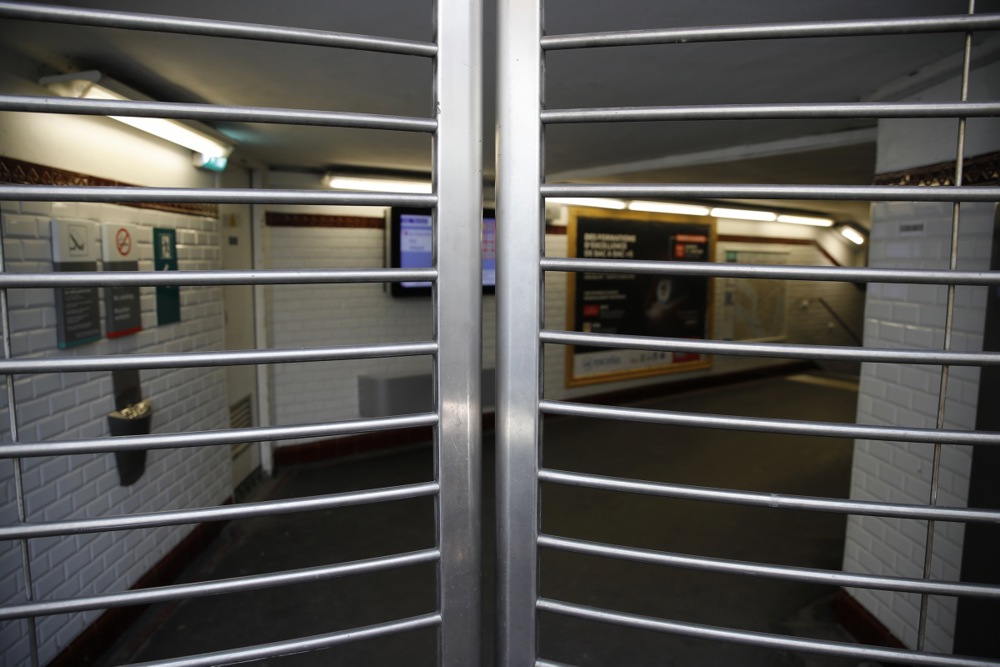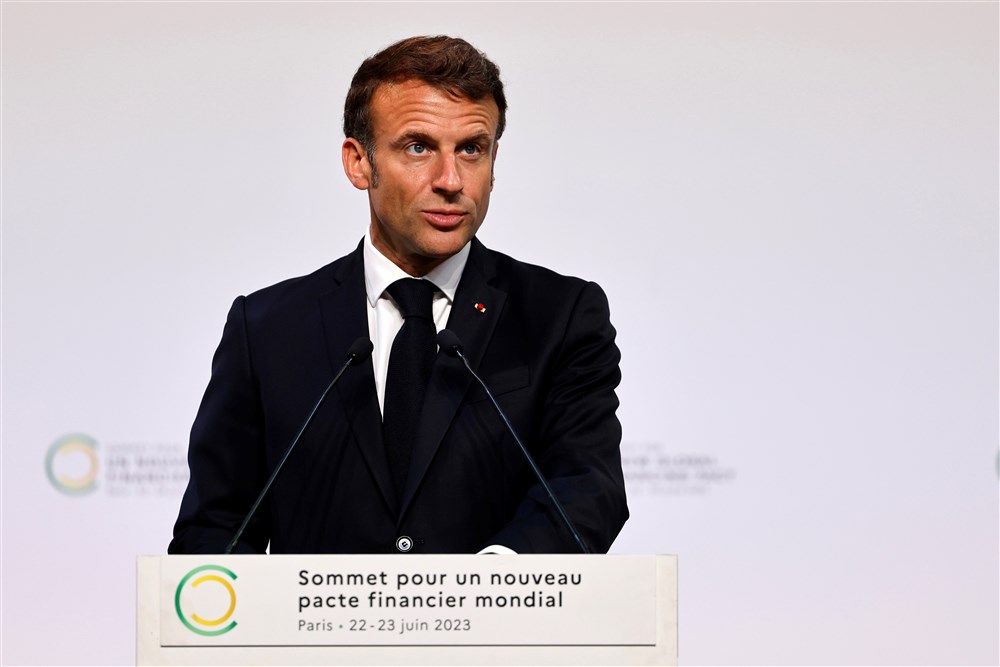A year before the Olympic Games in Paris, experts say there is a worrying lack of security personnel.
Authorities in the capital have expressed fears that visitors and fans may be prone to a number of threats, including civil protest.
French police estimate that they need 20,000 security staff for the Summer Games. “We will be understaffed in 2024,” Pascal Bitot-Panelli, a security expert, said during a podcast on August 29. He advocated more military involvement.
According to French outlets RMC Sport and BFMTV, the intelligence services of the National Gendarmerie are preparing for various types of incidents.
A 10-page long note from the gendarmerie for the General Directorate for Internal Security (DGSI), the organising committee, and other services, outlines a range of potential threats.
These include possible terrorist, cyber and criminal attacks plus potential acts by violent, subversive movements, along with the ultra-right, ultra-left and radical environmentalists.
Terror attacks could be undertaken by “individuals with psychological disorders, lacking ideological grounding” who are influenced “by propaganda and anti-blasphemy discourses”, the law enforcement agency added.
More common and less spectacular, the police highlight the likelihood of an increase in “regular criminality”, such as theft, trafficking and fraud.
The gendarmes also outline the risk to various types of “cyber targets”. Among those highlighted are sporting venues and sports delegations. According to the note, “disinformation campaigns” may target “teams, theft of confidential data, destabilisation through attacks on living spaces [such as hotels, restaurants],”
The memo definitively foresees an attack on the Paris Games: “The question isn’t whether the event will be attacked, but rather when and how … It’s plausible that one or more information systems contributing to the organisation of the [Olympics] are already compromised and could ultimately lead to a potentially coordinated attack on multiple sites,” it predicts.
The largest portion of the memo is dedicated to the threat of dissent. The gendarmerie is concerned the Games might “serve as a platform for various actions within the context of social and societal protests”.
“Some sponsors [Airbnb, Alibaba, Coca-Cola, CMA-CGM, Orange, EDF, Visa …] are already targeted by environmental extremists and far-left activists. Vandalism or site blockades could be organised by militants,” it warns.
The police also fear that the teams of volunteers may be infiltrated by activists who might destabilise the smooth running of the event. “Saccage 2024” (Destruction 2024) is calling on its supporters to volunteer and then withdraw at the last moment to sabotage the Olympics from within.
Saccage 2024 is inspired by left-wing ideology and claims hosting the Olympics will negatively affect the environment and benefit big businesses and elites, rather than locals.
It is unclear how many people will join this protest, but numbers are expected to be significant given the decision by French President Emmanuel Macron to push through a pensions law without parliamentary approval. The group is also supported by radicals from Extinction Rebellion.
Another potential target is the Olympic Torch Relay as it moves through mainland France and overseas territories.
The gendarmerie services cite another risk: urban violence, which “could reoccur following a specific event, impacting the capacity response of internal security forces mobilised to secure the 2024 Games”.
The memo also mentions the challenging international situation and potential actions related to “France’s support for Ukraine in its conflict against Russia” as well as “the Israel-Palestine and Kurdish-Turkish conflicts”, which “remain subjects of contention, particularly on a community level, and could impact the delegations”.
The police expect more than 15 million people will visit Paris during the Olympic Games, which are scheduled to take place from July 26 to August 11 next year.
Officers have been advised not to take leave during the period, which comes at a time of dissatisfaction within the ranks of law enforcement agencies.





